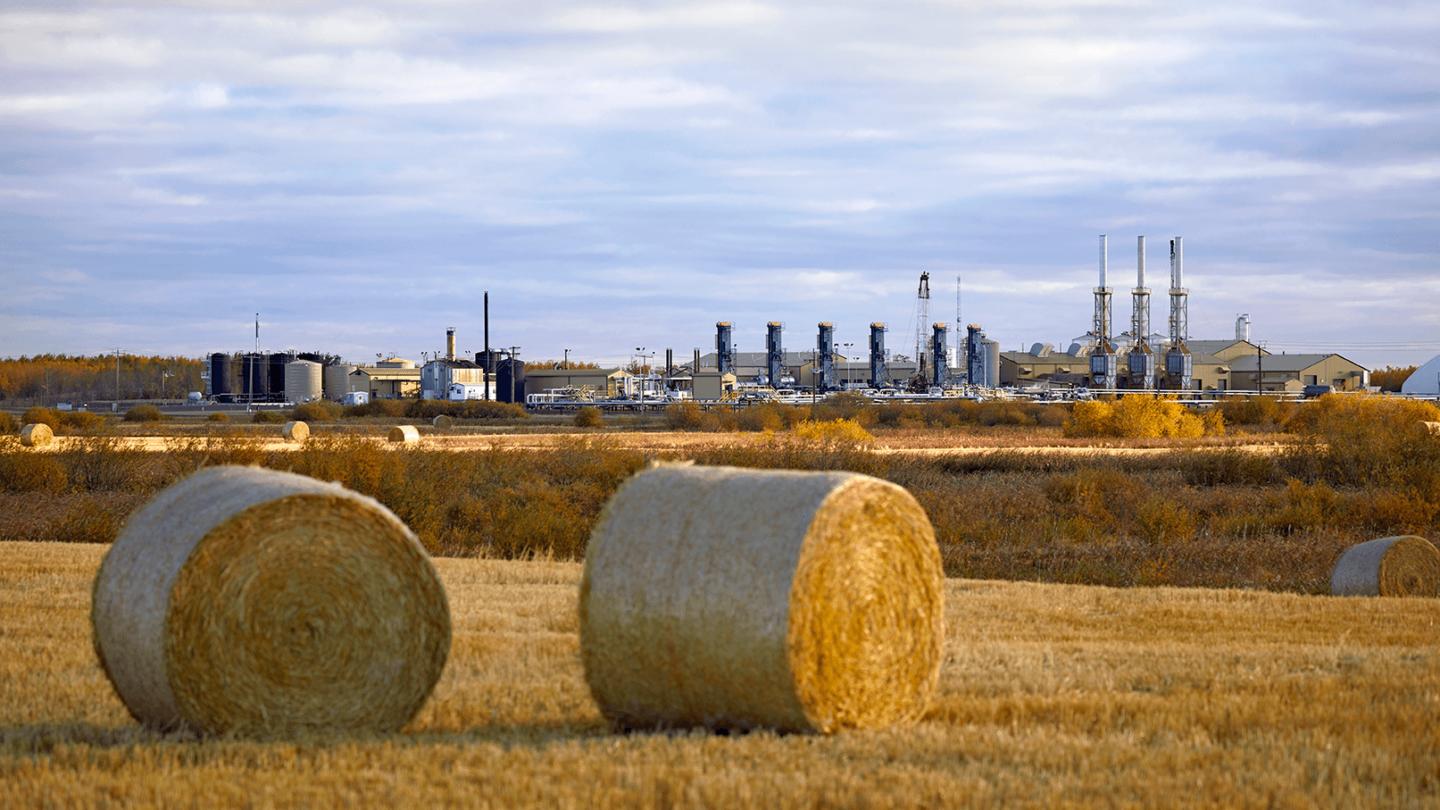Build Back Better. Resilient Recovery. Sustainable Development. Great Reset.
Besides climate change, what else do these have in common?
They are political slogans. Short. Catchy. Easy to remember. Seemingly altruistic. For your own good. Trust me.
Political slogans have been around forever. Their purpose is to make complex issues appear simple, polarizing policies palatable. Following the Second War World War, George Orwell wrote in his famous 1946 essay Politics and the English Language, “Political language – and with variations this is true of all political parties, from Conservatives to Anarchists – is designed to make lies sound truthful and murder respectable, and to give an appearance of solidity to pure wind.”
“Just Transition” is a component of the execution of yet another slogan – Energy Transition. This is the ambitious, disruptive and expensive plan to replace fossil fuels in an effort to alter the global temperature.
The frequently repeated slogan for this objective is Net Zero by 2050.
But repeating slogans is so much easier than actually executing them.
Ottawa’s Ministry of Natural Resources recently announced a “Just Transition” study to fulfill a 2019 Liberal election commitment to explore, “Helping workers and communities thrive in a net-zero carbon economy.”
The mandate reads, “Taking action now to combat climate change will not only help us achieve net-zero emissions, it will make our economy stronger and more competitive…Canadians expect the government to make the net-zero transition just and equitable for everyone.”
Soothing words. But it is impossible for everyone employed in Canada’s massive petroleum industry to be repurposed to do something else. All while global demand for oil and gas products remains robust and increasing, including Asian markets where Canadian natural gas exported as LNG can reduce emissions by replacing coal power.
Slogans, noble intentions, enlightened policy and government funding cannot overcome the realities of physics.
Western Canada is a geological carbon warehouse with some of the world’s largest deposits of oil, coal and natural gas.
The industry is a global player, producing more oil every day than all OPEC countries except Saudi Arabia and Iraq. Last year the region’s liquids output (conventional oil, oil sands, propane, butane, pentanes plus) averaged 4.8 million barrels per day. Plus daily output of 15.4 billion cubic feet of natural gas.
This industry is this big because of exports. Alberta, B.C. and Saskatchewan deliver essential hydrocarbons and products to consumers thousands of kilometers away, from Ontario and Quebec in Canada and all across the U.S. Of the small portion used locally, much of that is feedstock for plastics, fertilizer and petrochemicals. These are also exported globally.
About three-quarters of Western Canada’s hydrocarbon liquids are exported by pipeline, rail and truck. About one-third of the gas is used locally as heat for oil sands production.
Therefore, three-quarters of the region’s energy jobs depend upon exports.
We’re repeatedly advised that Alberta’s “energy transition” should be simple. Just produce a different form of energy. The preferred future source is zero-carbon electricity from wind, solar, hydro, biomass or nuclear.
But all of Canada’s hydrocarbon export customers already have electricity. Oops.
Selling electricity to those who don’t need more is not commercially viable. Renewables such as wind and solar are generated locally. Like on the roof of your house.
There is no Just Transition possible for most of Canada’s oil workers in creating non-carbon electricity for export. This isn’t politics. It’s physics. You cannot economically generate large amounts of electricity in Western Canada and ship it outside of the country and exchange it for money. Or jobs. Or taxes.
As a long-established global participant, Canada also manufactures and exports world class, highly specialized oil and gas equipment and technology, a significant and largely unrecognized secondary industry. Those businesses share oil’s uncertain future. When they “justly” disappear, they will not be replaced by manufacturing batteries, electric vehicles, turbine blades, or solar panels in oil towns like Fort St. John, Whitecourt or Lloydminster.
Pundits say a federal election is coming soon. With the Just Transition plan, this is surely the first time the incumbent will campaign on job retraining programs for an industry that still exists, has no viable replacements for most of its products, is critical to Canada’s economy, and continues to grow globally.
The unaltered reproduction of this content is free of charge with attribution to Canadian Energy Centre Ltd.
